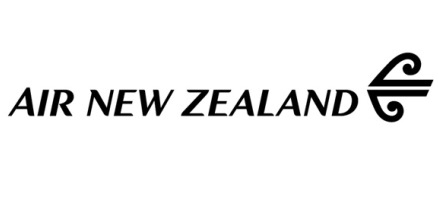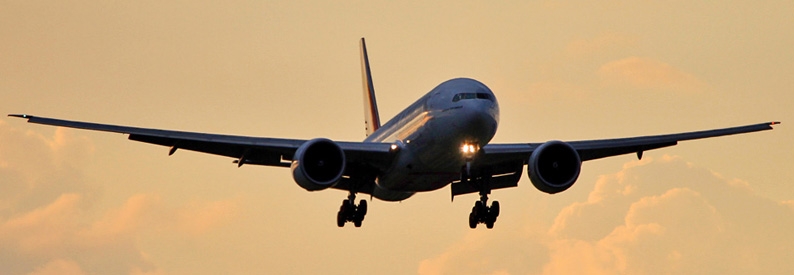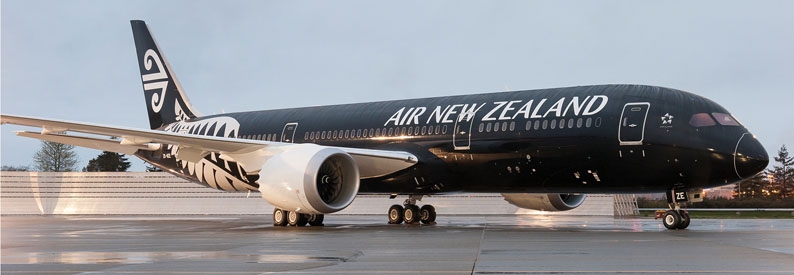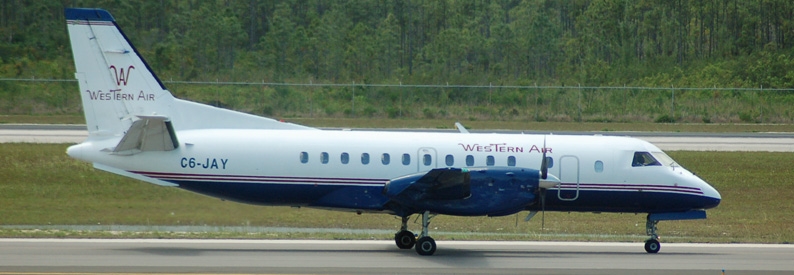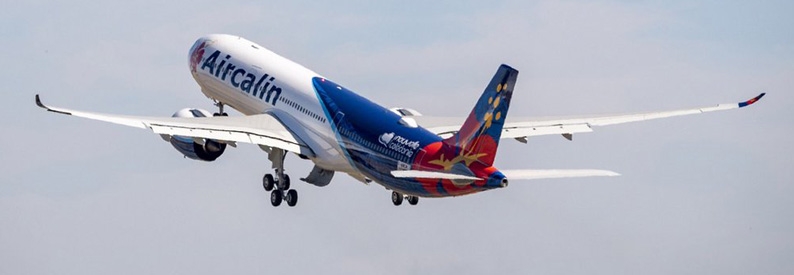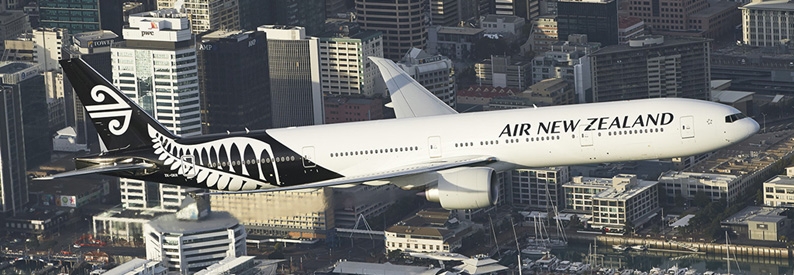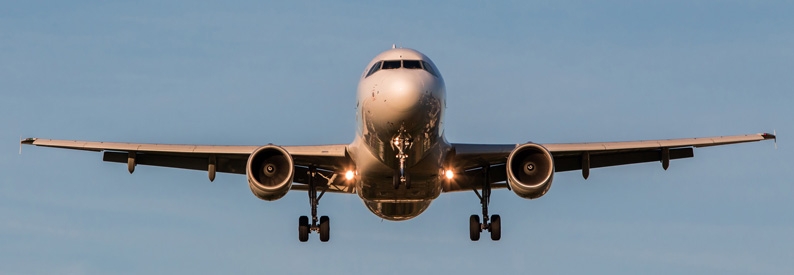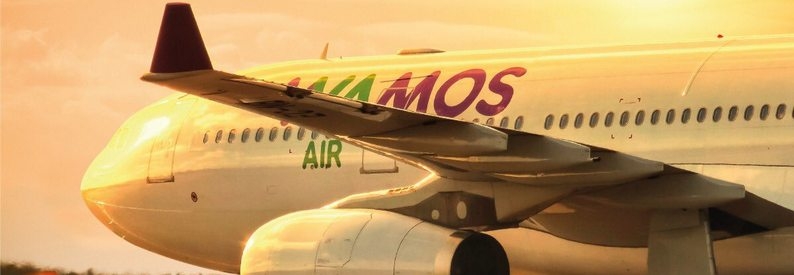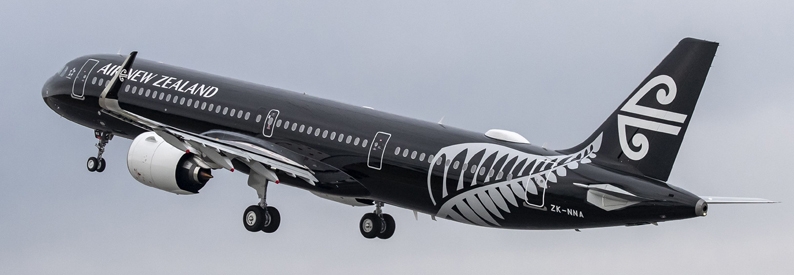Given weakening global demand for travel and rising costs, Air New Zealand (NZ, Auckland International) has unveiled an updated business plan aimed at boosting revenue inflows while reducing capital expenditures and operating costs.
Chief Executive Officer Christopher Luxon said in a statement that the carrier's board had been reviewing its business model after it downgraded its full-year pre-tax earnings guidance from between NZD425-525 million (USD288-356 million) to between NZD340-400 million (USD230-271 million) back in January.
"Our confidence in Air New Zealand’s long-term strategy, customer proposition and financial performance remains strong," he said. "The steps we are taking today will provide a strong foundation for future earnings growth. We are deferring aircraft deliveries and related capital expenditures, adjusting our capacity growth plans and driving sustainable efficiencies throughout our cost base to better reflect the slower demand growth we are seeing in the market.”
Given the need to better match capacity growth to declining demand, the plan will focus on Air New Zealand's fleet renewal where it is looking to free up NZD750 million (USD509 million) in aircraft capital expenditure through the deferral of deliveries as well as phase-outs.
Under its original plan, Air New Zealand was to have added four owned A320neo/A321neo in FY2020 and three in FY2022. However, the airline has now deferred delivery of three A321neo, destined for use on its domestic network, by one year from FY2020 to FY2021, while one A320neo, destined for use on its trans-Tasman routes, has been delayed by two years from FY2020 to FY2022.
As such, with the revision, no A320neo/A321neo will deliver in FY2020 but three will in FY2021 and four in FY2022. Two additional A321neo on order from Airbus are also slated to deliver in FY2024.
In addition, two widebody jets that were to have been used to partially replace Air New Zealand's ten-strong fleet of B777-200(ER)s have been deferred by at least four years. This will benefit capital expenditure in the 2020-2023 financial years.
However, as part of the airline’s focus on fleet flexibility, Air New Zealand said its new widebody fleet replacement programme will include provisions that allow for an acceleration of growth should market conditions suddenly change.
In terms of its network growth over the next three years, Air New Zealand has revised its figures downwards from the previously anticipated 5-7% to a more conservative 3-5%.
Over the period, Air New Zealand said it will focus on stimulating tourism to, from and within New Zealand, by tapping into new markets of demand with the launch of additional destinations while increasing frequencies across its existing network.
"On this basis, we are putting extra effort into lifting the performance of some routes that we feel are not meeting their potential, while refocusing our assets on those routes which are performing ahead of expectations. Our number one priority is optimising our network mix to maximise profitable growth. Therefore, it is terrific to be able to announce that we will increase frequencies into Taipei Taoyuan and Chicago O'Hare. Frequency on both routes will increase to up to five services per week from December 2019. I’m also excited to announce that we will start flying from Auckland International to Seoul Incheon up to five days a week from late November 2019," Luxon said.
In terms of reducing its overall cost base, Air New Zealand has launched a two-year cost-cutting drive aimed at generating around NZD60 million (USD40.7 million) in annualised savings over the period. Savings will be generated in three key areas namely:
- The removal of inefficiencies incurred during the 2019 financial year which mitigated Rolls-Royce Trent-related network and passenger disruptions;
- The reduction of overhead costs by approximately 5% through a combination of re-prioritisation of spend, process efficiencies and automation;
- A targeted review of its operations cost base.
“I am confident that the actions we are taking, along with the continued dedication and focus of our phenomenal people, will support a return to earnings growth in this lower demand growth environment," Luxon ended.
